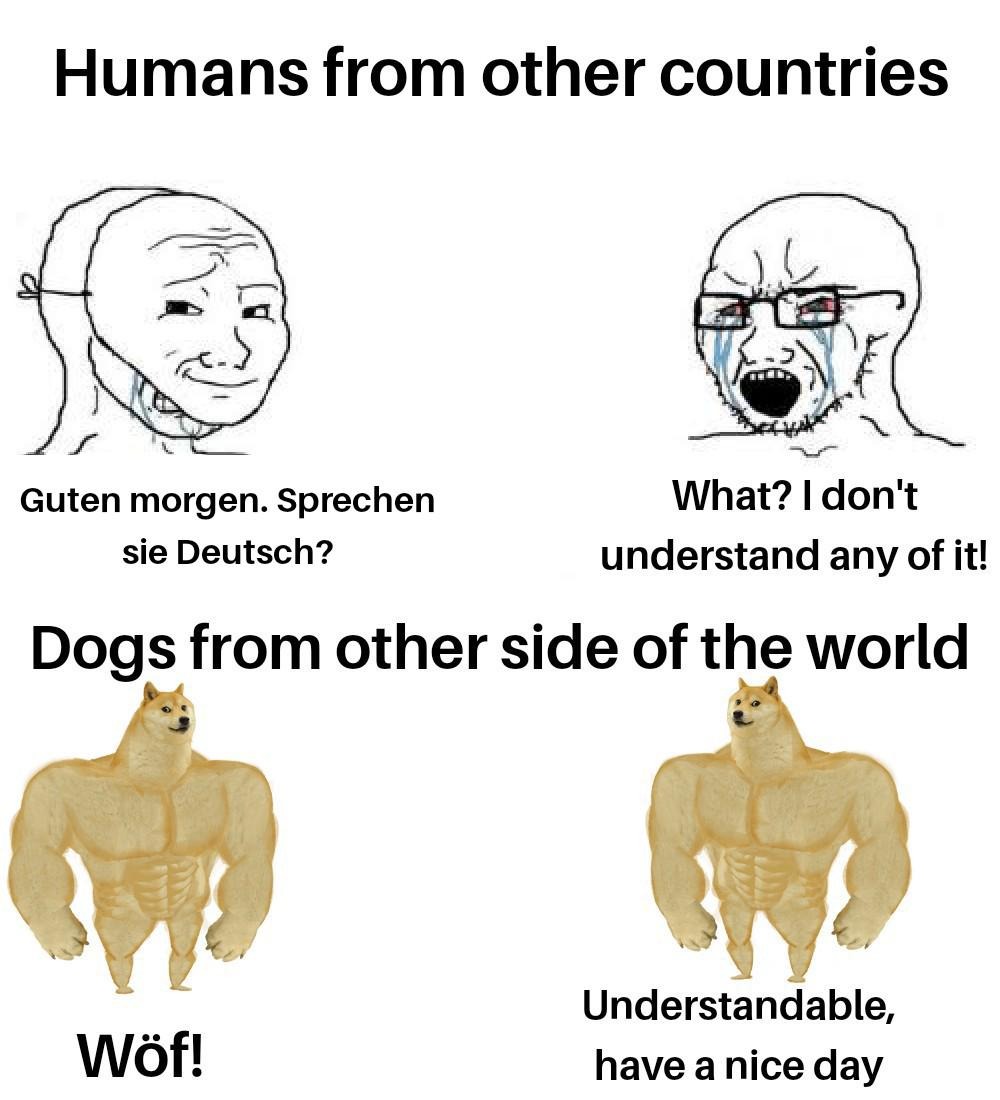this post was submitted on 02 Oct 2024
445 points (97.6% liked)
Memes
12674 readers
1898 users here now
Post memes here.
A meme is an idea, behavior, or style that spreads by means of imitation from person to person within a culture and often carries symbolic meaning representing a particular phenomenon or theme.
An Internet meme or meme, is a cultural item that is spread via the Internet, often through social media platforms. The name is by the concept of memes proposed by Richard Dawkins in 1972. Internet memes can take various forms, such as images, videos, GIFs, and various other viral sensations.
- Wait at least 2 months before reposting
- No explicitly political content (about political figures, political events, elections and so on), !politicalmemes@lemmy.ca can be better place for that
- Use NSFW marking accordingly
Laittakaa meemejä tänne.
- Odota ainakin 2 kuukautta ennen meemin postaamista uudelleen
- Ei selkeän poliittista sisältöä (poliitikoista, poliittisista tapahtumista, vaaleista jne) parempi paikka esim. !politicalmemes@lemmy.ca
- Merkitse K18-sisältö tarpeen mukaan
founded 3 years ago
MODERATORS
you are viewing a single comment's thread
view the rest of the comments
view the rest of the comments


That sē is still the determiner, now with an additional function as an article, not an independent article. What I said applies to the article as its own thing, i.e. when "the" and "that" were already independent words - in fact their decoupling is directly tied to the same loss of the endings that caused the morphological case system to go kaboom.
I'm talking about the informational load, you're talking about the phonetic changes.
It's actually both a shift promoted by interactions between languages in the Western European Sprachbund and the result of simple sound changes. Much like a vicious cycle:
Higher usage of demonstratives as articles might be also caused by interference of other languages - that guy spamming "that" and "one" in a language will eventually do the same if speaking some another nearby language. And it also explains roughly why German ended as the exception, as it's right in the middle of the way between "case endings, no articles" Polish and "articles, no case endings" Romance.
Then, in German you got that weird middle ground where word order still conveys topic, but the noun endings already weren't conveying the case any more. The info gets dumped in the article - and that prevents further sound changes and regularisation processes from attacking them.